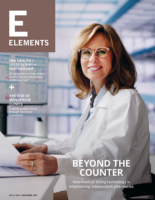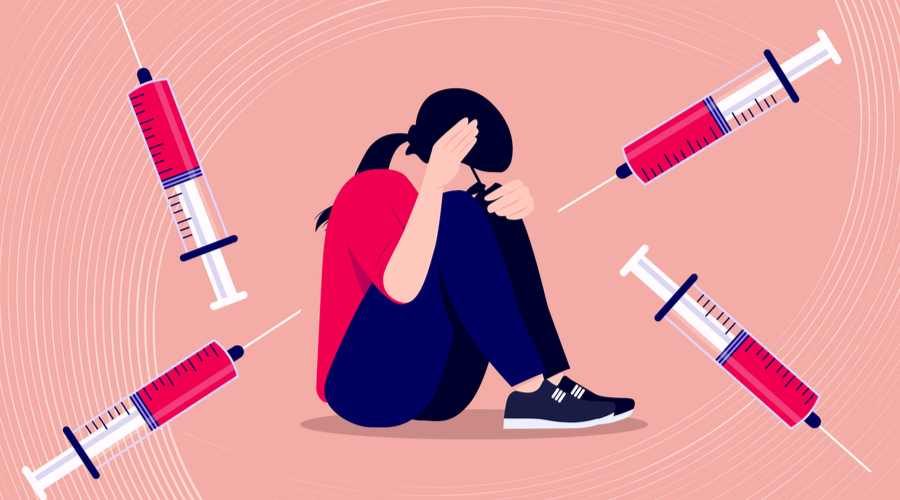There are a lot of opinions about vaccines and their safety nowadays. Many come from investigations into what’s commonly found in vaccines.
Aluminum is leading this controversy. There are some people who insist that the amounts of aluminum and aluminum salts, when used as an adjuvant in some vaccines, exceed the safe limits determined by the FDA. They believe it may cause an increase in mental illnesses and other chronic condition in adolescents. Therefore, there’s been a big decrease in the vaccination rates among children and adolescents.
So, what can you do or say to your patients who aren’t sure vaccines are safe? First of all, let them know that the FDA closely monitors vaccines and their ingredients. Vaccines go through a rigorous and extensive development program to determine their safety and effectiveness. Once approved, they continuously monitor it for safety.
What you’re facing today is that the misinformation spreads from misleading or inaccurate social media posts. This can lead to vaccine hesitancy among patients, and is especially a problem for parents who have babies and young children. Social media has little restriction on posts and who posts it. In fact, anyone can manipulate the post to fit the desired message.
You and your pharmacy need to be vigilant about educating your patients. Provide accurate, science-based information about vaccine safety. Explain to your patients that ingredients in a vaccine are part of the formulation for a specific purpose. The ingredients help make the vaccine as effective as possible while maintaining its safety. They also use the smallest quantities possible to achieve the desired effect.
Aluminum, for example, is an adjuvant. It enhances the immune response of vaccinated individuals. Diphtheria, tetanus, and pertussis vaccines contain an aluminum-based adjuvant, as do the pneumococcal conjugate vaccines, the human papillomavirus vaccine, and some hepatitis B vaccines.
As a pharmacist, have these conversations often with patients; especially those with babies and young children. Be aware that these discussions will be frustrating.
Many factors cause vaccine hesitancy, especially among parents. Misinformation is the most impactful, as is social media. The good news? As a community pharmacist, you are a vaccine advocate. You can combat this issue with education and persistent efforts to bump up vaccine rates in your communities. Adjuvants have been used safely in vaccines for a decade. Aluminum adjuvants are the most common. Adjuvants help vaccines work better so patients are better protected against diseases.
A Member-Owned Company Serving Independent Pharmacies
PBA Health is dedicated to helping independent pharmacies reach their full potential on the buy-side of their business. Founded and run by pharmacists, PBA Health serves independent pharmacies with group purchasing services, wholesaler contract negotiations, proprietary purchasing tools, and more.
An HDA member, PBA Health operates its own NABP-accredited warehouse with more than 6,000 SKUs, including brands, generics, narcotics CII-CV, cold-storage products, and over-the-counter (OTC) products — offering the lowest prices in the secondary market.












